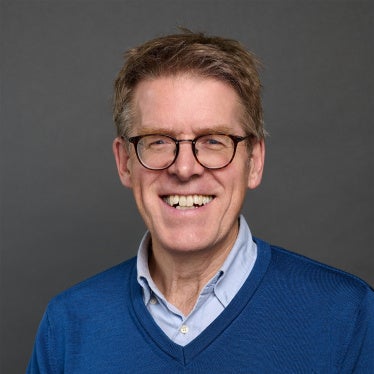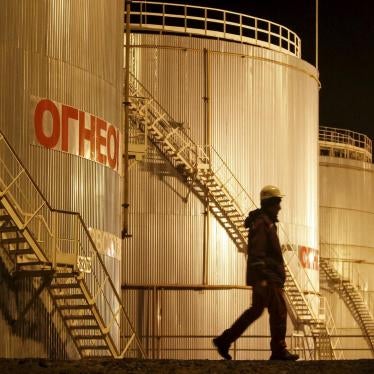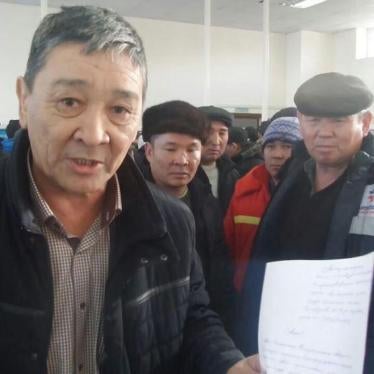There is little doubt that Kazakhstan president Nursultan Nazarbayev will roll out the red carpet for his German counterpart when Frank-Walter Steinmeier touches down in Astana for a three-day visit starting on July 11. But these are busy times in the Central Asian country’s capital and the German president is hardly a rare guest.
Leaders from Russia and China attended a security summit there last month, the new UN secretary general also paid a recent visit, and the latest round of Kazakhstan-hosted Syria peace talks were held there last week (started 4 July). The city’s Expo trade fair, the official reason Steinmeier is visiting, is in full swing.
As Steinmeier is aware from long experience working on Central Asia – he was, for instance a key architect of the European Union’s “Central Asia strategy” a decade ago - Kazakhstan’s government loves being the center of international attention. It also follows a multi-pronged foreign policy: it has embraced China’s “Belt and Road” trade and transport program, while also working with the EU on its new “enhanced” relationship with the bloc – a status no other Central Asian state has achieved. And it has just completed six months of a two-year spell on the UN Security Council.
So Nazarbayev will have a proud story to tell when he shakes hands with Steinmeier. He will also ask for German support on Kazakhstan’s next, perhaps most ambitious, project since independence in 1991 – to shift from being a middle-income emerging economy to becoming by 2050 one of the world’s top 30 developed nations.
Despite Kazakhstan’s periods of strong growth since independence, its economy is now struggling, growing only 1.1 per cent last year, and long-planned economic reforms remain largely stalled. It needs business investment, know-how and technology, all in plentiful supply in Germany.
Equally important, however, it needs the seal of approval from the EU’s most important economy and leading international actor. Without German support, Kazakhstan’s plans to deepen EU ties or join the Organisation for Economic Co-operation and Development (OECD), a club of rich nations, will remain unfulfilled.
The way Steinmeier reacts to these overtures, on what after all is his first trip as president to the former Soviet Union, is crucial. It’s key for Steinmeier to send a clear signal that to be considered a reliable and full-fledged partner for Germany, Kazakhstan needs to adhere to international human rights and labor norms that it has voluntarily signed up to, and that are integral to the UN and EU institutions it wants to ally closely with.
Kazakhstan’s domestic rights record is still a far cry from the international standard. Nazarbayev’s post-independence approach of “economy first, politics later” has left Kazakhstan a country with no free elections, politically-motivated prosecutions of civil society activists, a low tolerance for free speech, and a place where the authorities often prosecute, even jail, those who organize even the smallest, most peaceful protests. Those heavy restrictions undermine Kazakhstan’s own lofty aspirations. Steinmeier need not rely only on human rights groups for evidence. The UN’s top human rights envoy has warned of “negative consequences” arising from a new law limiting the work of civil society, and the International Labour Organisation has repeatedly instructed Astana to lift heavy restrictions on trade union rights.
Kazakhstan’s strategy to join Germany and others at the international top table has an appealing veneer, given Astana’s efforts to play a useful role on global issues. Yet without a clear complementary commitment, combined with concrete action, to end human rights abuses at home, this strategy will remain a cynical show that Germany should see through.
Standing up for human rights is vital in its own right. But in this era of disruption in international politics, it is also in Germany’s interest, as a leading global power looking for new allies, to speak clearly to nations keen to play a greater international role about how they treat their ordinary citizens, and to show the limits of future co-operation to those who treat them badly. Such a perspective fits with Steinmeier’s stature and approach as president. His Kazakhstan trip is a good opportunity to do some talking.









